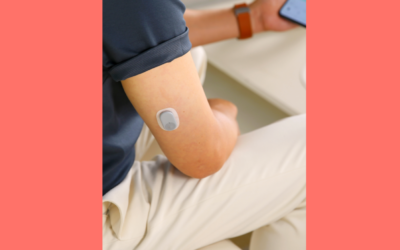By Lisa O'Keeffe on October 27, 2022
Patient engagement and adoption is crucial to the long-term success of virtual wards. But our new research has uncovered one potential sticking point – the phrase ‘virtual ward’.
In a survey conducted by Censuswide of more than 2,000 adults nationwide, 53% said they would prefer to have their health monitored by doctors from home rather than in hospital. And the age group most in favour of healthcare at home? Those aged 45+.
But that positivity almost halves when the phrase virtual ward is used, with just a quarter of the general public (27%) preferring a virtual ward to hospital if given the choice.
The results suggest a growing preference for healthcare at home, but ongoing confusion about the phrase ‘virtual ward’. In fact, 63% of the public admitted they could not confidently explain what a virtual ward is.
The findings echo conversations we’ve had with our NHS partners across the UK. There’s an appetite for services that enable patients to receive healthcare from the comfort of their own homes, but a recognition that it needs to be explained in a way that makes sense to them. So what happens next?
This is the topic of discussion for our next webinar event. We’ll be joined by two NHS clinicians with first-hand experience of this disconnect, Johnny Wells and Aleesha Karia. They’ll explain how they communicate with patients to get them engaged with virtual wards, and how language swaps have boosted engagement with the service.
The event takes place on Tuesday 8th November, and you can sign up here.


